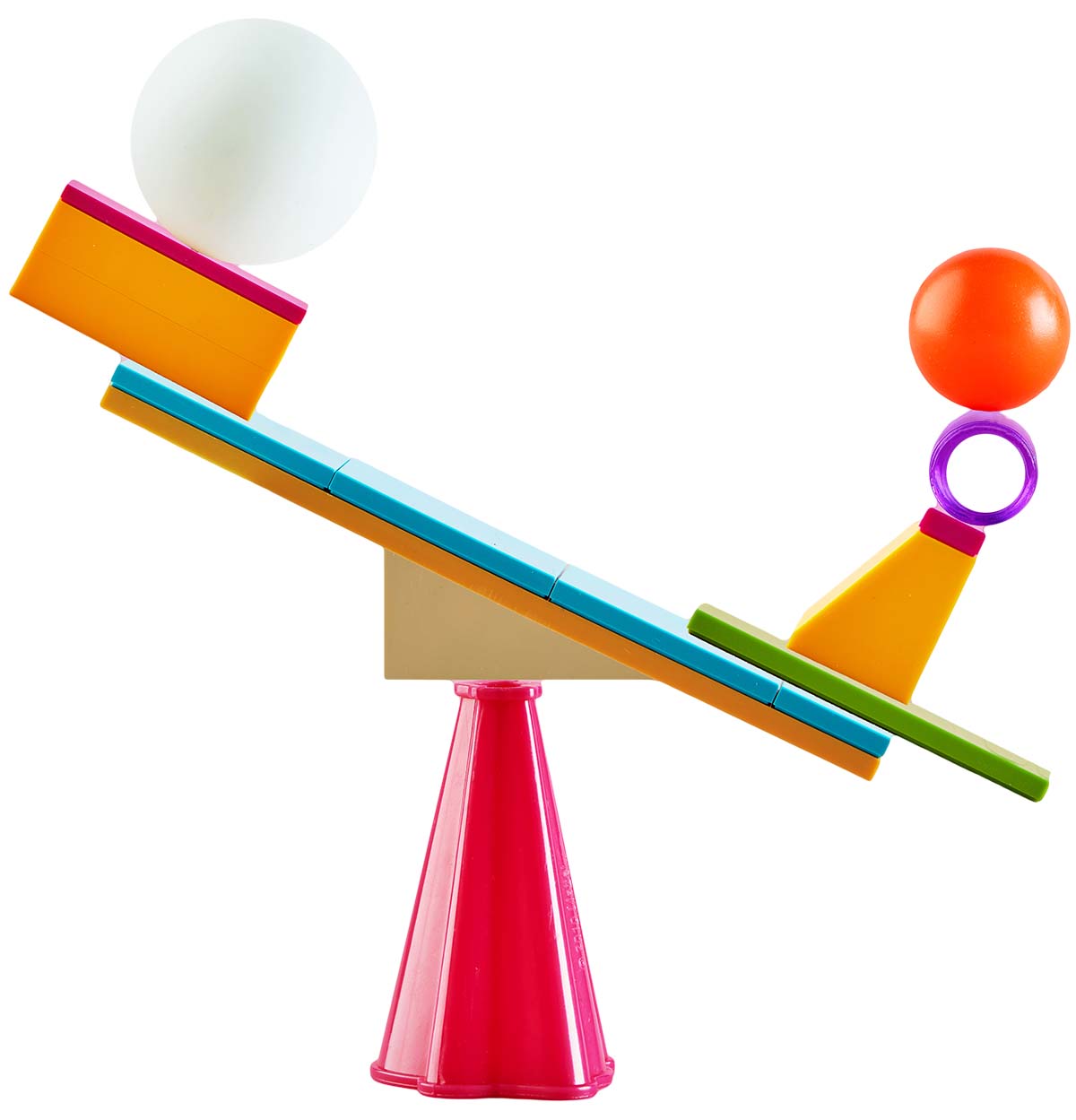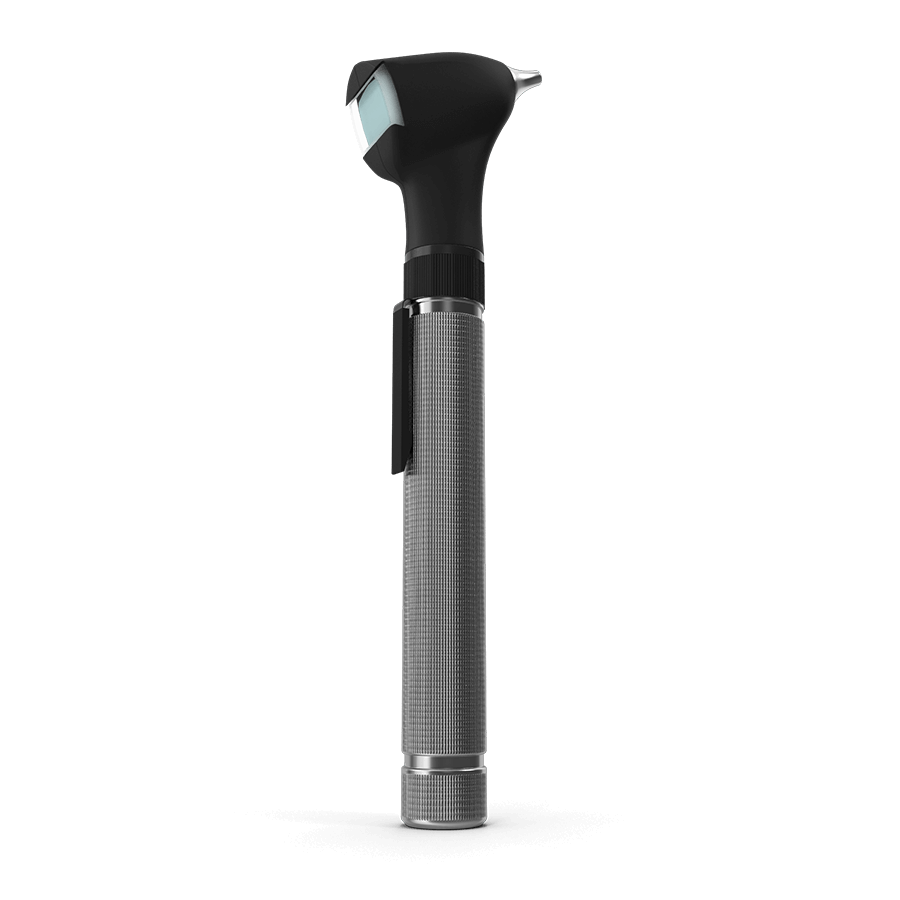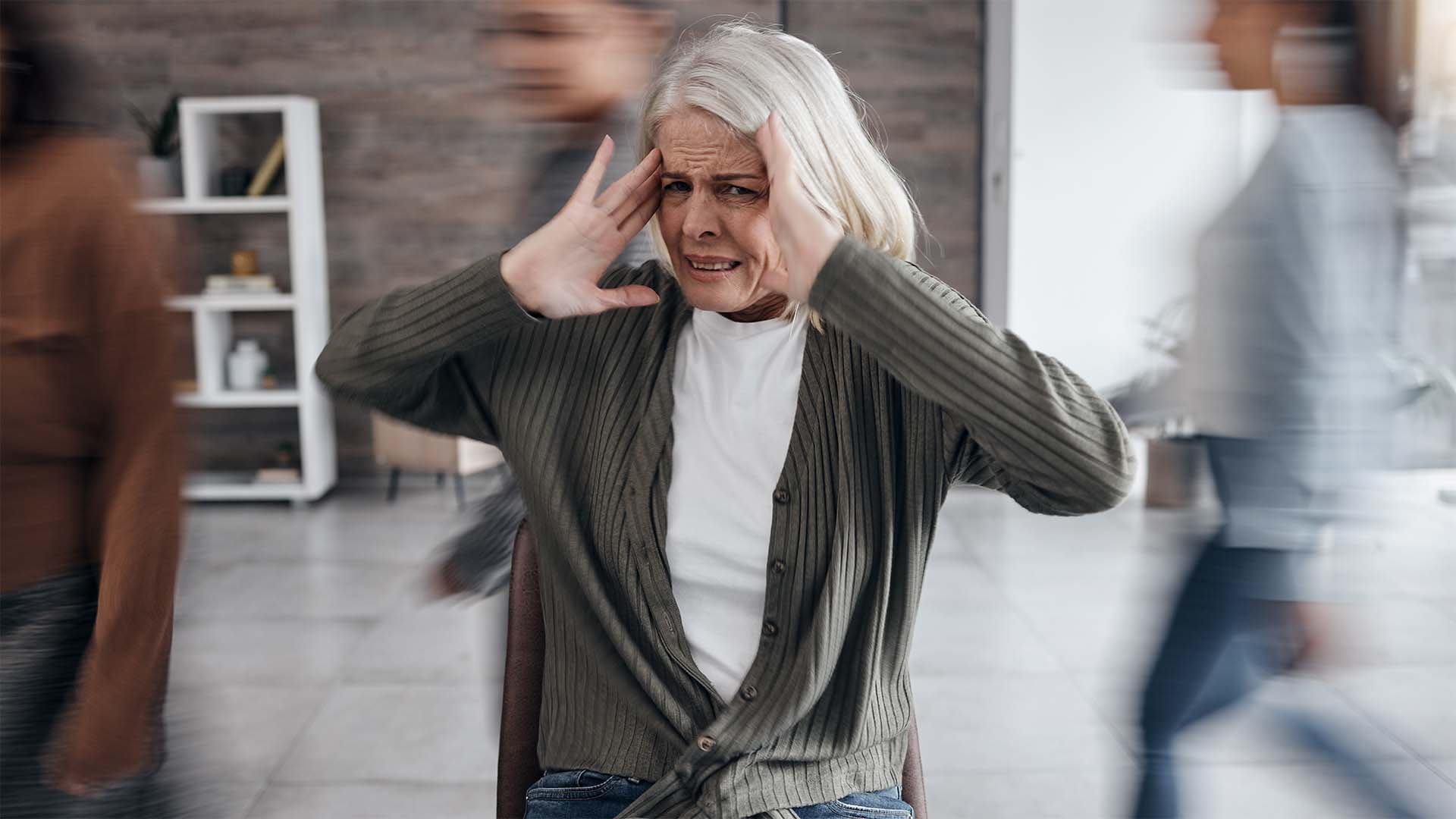Table of Contents
Introduction
Feeling unsteady on your feet? Experiencing dizziness or frequent falls? The answer may lie in your ears. Hearing and balance are deeply interconnected, both controlled by delicate structures in the inner ear. While most people associate hearing loss with communication difficulties, fewer realise that it can also impact balance and spatial awareness. Understanding this connection is crucial, especially for older adults, where falls are a leading cause of injury.
How the Inner Ear Controls Balance
The inner ear isn’t just responsible for hearing – it also houses the vestibular system, the body’s main balance centre. This system consists of:
- The semicircular canals – detect rotational movements, helping with head positioning.
- The otolith organs (utricle and saccule) – sense gravity and linear acceleration, such as moving forward or tilting your head.
These structures work alongside your vision and proprioception (body awareness) to keep you stable. When the vestibular system is affected, it can cause dizziness, vertigo, or an increased risk of falls.
Hearing and balance are closely linked because both functions rely on the cochleo-vestibular system. This is why many people with inner ear disorders such as Ménière’s disease, labyrinthitis, or vestibular neuritis experience both hearing loss and balance issues simultaneously.
Why Hearing Loss Can Lead to Balance Problems
Even without an inner ear disorder, hearing loss alone can impact balance. Research indicates that individuals with hearing impairment are significantly more likely to experience falls. Several factors contribute to this:
- Shared Inner Ear Structures – Damage to the cochlea often extends to the vestibular system, affecting balance perception.
- Reduced Spatial Awareness – Hearing helps detect environmental cues, such as approaching footsteps or echo locations, which assist in orienting yourself in space.
- Increased Cognitive Load – When hearing deteriorates, the brain reallocates resources to process sound, leaving fewer cognitive reserves for maintaining balance.
Hearing isn’t just about sound – it provides vital environmental awareness. The ability to perceive auditory cues like traffic, moving objects, or people calling your name enhances navigation and stability.
The Role of Hearing Aids in Fall Prevention
Hearing aids are designed to improve sound perception, but studies suggest they may also play a role in fall prevention and balance stability. By restoring auditory input, they:
- Enhance spatial awareness – Allowing the brain to process environmental sounds that help with orientation.
- Reduce cognitive strain – Freeing up mental resources to focus on balance and movement.
- Improve postural stability – Some studies have shown that individuals with hearing aids perform better in balance tests compared to those without.
A study published in The Journals of Gerontology found that older adults with hearing loss who used hearing aids had a reduced risk of falls compared to those who did not. Another research article in Otolaryngology–Head and Neck Surgery indicated that auditory input directly influences postural control, suggesting that better hearing contributes to better balance
When to Seek a Hearing and Balance Assessment
Ignoring hearing loss doesn’t just affect communication – it can impact safety and mobility. Signs that it may be affecting your balance include:
- Feeling unsteady when walking, especially in dimly lit environments.
- Experiencing sudden dizziness or vertigo.
- Difficulty hearing in noisy settings, leading to disorientation.
- Frequent tripping or falling without an obvious cause.
A comprehensive hearing and balance evaluation can identify whether auditory changes are contributing to balance difficulties. Treatment options may include vestibular rehabilitation therapy, hearing aids, or lifestyle modifications to enhance stability.

Protecting Your Hearing and Balance as You Age
Maintaining both hearing and balance health is essential for long-term independence. Simple steps to support both include:
- Regular Hearing Checks – Early detection prevents worsening symptoms and related balance issues.
- Staying Active – Exercises such as tai chi or yoga improve proprioception and core stability.
- Managing Medical Conditions – High blood pressure, diabetes, and certain medications can affect both hearing and balance.
- Protecting Your Ears – Avoid loud noise exposure, which can damage the cochlea and contribute to vestibular dysfunction.
The Bottom Line
Hearing and balance are more connected than most people realise. Addressing hearing loss isn’t just about improving conversations – it’s about preventing falls, enhancing mobility, and maintaining confidence in daily activities. A hearing test could be the first step towards greater stability and safety.
Book a hearing and balance assessment today – because stability starts with sound.
References
1. The Influence of Hearing Loss on Balance:
A critical study examined the relationship between hearing loss and postural stability, finding mixed evidence on how auditory suppression or hearing devices affect balance, particularly when other sensory inputs are available. (PubMed)
2. Hearing Aids and Balance Improvement:
A systematic review investigated the effect of hearing aids on static and dynamic balance. Some studies reported improvements in static balance with hearing aid use, while others found no significant changes. (PMC)
3. The Effect of Sound on Balance and Fall Risk:
Research indicates that what people hear – or don’t hear – can directly influence their balance, suggesting a link between hearing loss and an increased risk of falls, especially in older adults. (Mount Sinai)









